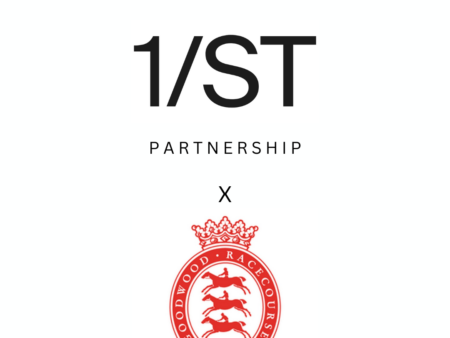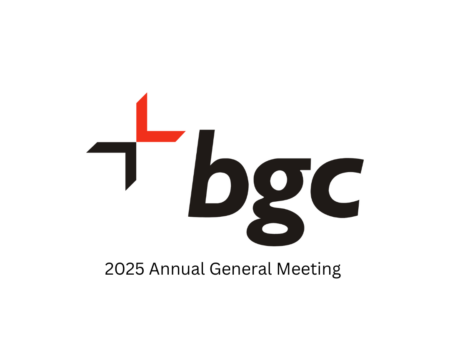In a recent ruling, the Advertising Standards Authority (ASA) upheld a complaint against Festival Free Bets, a prominent player in the online gambling industry. The complaint stemmed from a post featuring social media influencer Astrid Wett, raising questions about the compliance of the advert with gambling advertising regulations.
The ASA Ruling: What Happened?
The crux of the matter lies in the presence of Astrid Wett, who, at the time of the post, was under 25 years old. The complainant contested that featuring Wett in the advertisement breached gambling advertising rules outlined in the CAP Code. According to the code, individuals under 25 should not play a significant role in marketing communications for gambling services, unless a bet could be placed directly through a transactional facility. The post, showcased on Wett’s social media page, depicted her at Cheltenham racecourse promoting Festival Free Bets.
Astrid Wett’s Response
While Festival Free Bets remained silent on the ASA’s inquiries, Astrid Wett issued an apology for her inadvertent breach of the code. She expressed her commitment to adhering to relevant guidelines and clarified that she was unaware of the specific age restrictions outlined in the CAP Code. Wett assumed that being over 18 years old was sufficient for participating in gambling-related advertisements.
ASA’s Concerns and Action
The ASA expressed concern over Festival Free Bets’ lack of response to the inquiry and deemed its inaction irresponsible. Consequently, the authority instructed Festival Free Bets to refrain from featuring individuals who were or appeared to be under 25 years old in significant roles within their marketing communications.
Implications for Advertisers and Influencers
This ruling serves as a wake-up call for both advertisers and influencers operating in the gambling industry. Advertisers must exercise due diligence in ensuring compliance with advertising regulations to avoid facing repercussions from regulatory bodies like the ASA. Similarly, influencers need to familiarize themselves with the intricacies of advertising standards to prevent unintentional violations and protect their reputation in the digital sphere.
Ensuring Compliance: Key Recommendations
To navigate the regulatory landscape effectively, advertisers and influencers should consider the following recommendations:
- Educate Yourself
Stay informed about the latest advertising standards and regulations, especially those pertaining to sensitive industries like gambling. Familiarize yourself with the CAP Code and other relevant guidelines to ensure compliance in your marketing efforts.
- Exercise Caution When Partnering with Influencers
When collaborating with influencers, particularly in the gambling sector, conduct thorough due diligence to verify their age and ensure they meet the necessary criteria outlined in advertising regulations. Avoid partnering with influencers who may pose compliance risks.
- Prioritize Transparency and Accountability
Maintain open communication with regulatory authorities like the ASA and promptly address any inquiries or complaints regarding your advertising practices. Transparency and accountability are key to fostering trust and credibility within the industry.
- Implement Robust Compliance Mechanisms
Establish internal protocols and procedures to monitor and review advertising content for compliance with relevant regulations. Conduct regular audits to identify and rectify any potential compliance gaps or issues proactively.
By adhering to these recommendations, advertisers and influencers can mitigate the risk of regulatory violations and safeguard their reputation in the competitive landscape of digital advertising.
Conclusion: ASA Ruling
The ASA ruling against Festival Free Bets underscores the importance of compliance with advertising regulations, particularly in the context of the gambling industry. Advertisers and influencers must remain vigilant and proactive in ensuring that their marketing communications adhere to established standards to avoid facing penalties and reputational damage. By prioritizing transparency, accountability, and compliance, stakeholders can uphold the integrity of the advertising ecosystem and foster consumer trust in their brands and services.
FAQs About the Festival Free Bets and the ASA Ruling
1. What prompted the complaint against Festival Free Bets by the Advertising Standards Authority (ASA)?
The complaint was prompted by a post featuring social media influencer Astrid Wett, who was under 25 years old at the time of the advertisement.
2. What specific rule did the complainant allege Festival Free Bets had breached?
The complainant alleged that Festival Free Bets breached gambling advertising rules outlined in the CAP Code, which prohibits individuals under 25 from playing a significant role in marketing communications for gambling services, unless a bet could be placed directly through a transactional facility.
3. What was Astrid Wett’s response to the complaint?
Astrid Wett issued an apology for her inadvertent breach of the code and expressed her commitment to adhering to relevant guidelines. She clarified that she was unaware of the specific age restrictions outlined in the CAP Code and assumed that being over 18 years old was sufficient for participating in gambling-related advertisements.
4. What action did the ASA take against Festival Free Bets?
The ASA expressed concern over Festival Free Bets’ lack of response to the inquiry and deemed its inaction irresponsible. Consequently, the authority instructed Festival Free Bets to refrain from featuring individuals who were or appeared to be under 25 years old in significant roles within their marketing communications.
5. What are the implications of this ruling for advertisers and influencers?
This ruling serves as a wake-up call for both advertisers and influencers operating in the gambling industry. Advertisers must exercise due diligence in ensuring compliance with advertising regulations to avoid facing repercussions from regulatory bodies like the ASA. Similarly, influencers need to familiarize themselves with the intricacies of advertising standards to prevent unintentional violations and protect their reputation in the digital sphere.


















